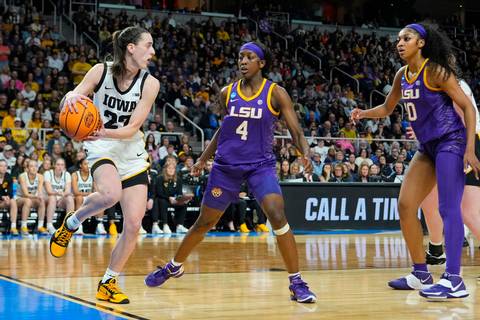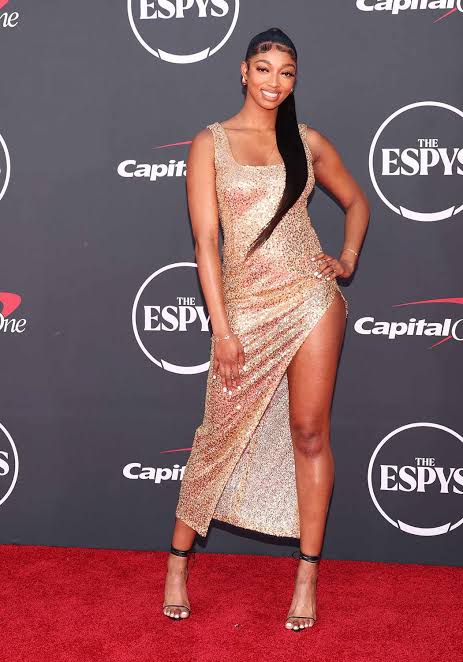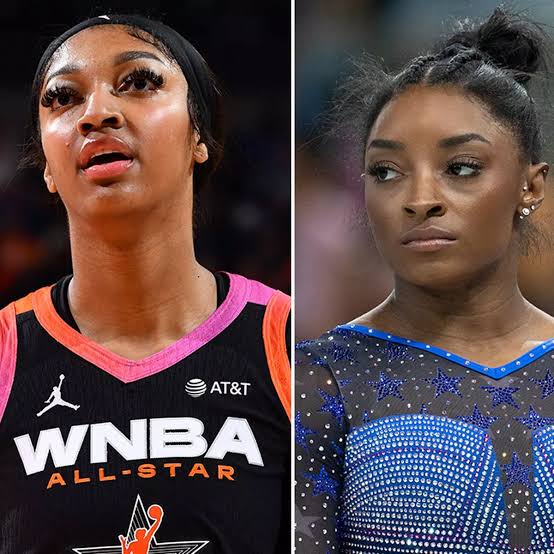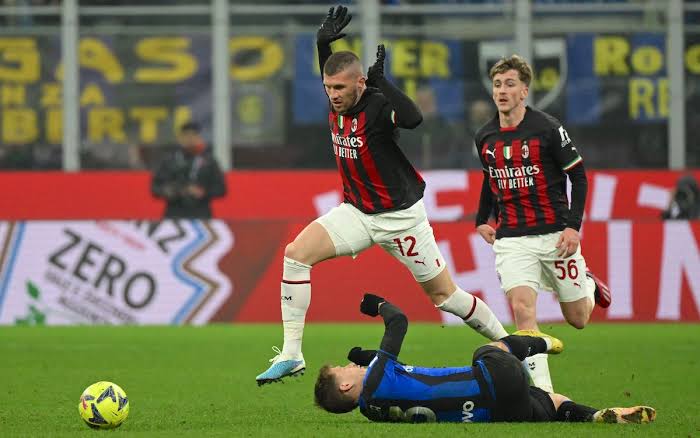
As the landscape of women’s basketball evolves, WNBA Finals MVP A’ja Wilson is doing more than just holding the torch—she’s actively inspiring the next generation to carry it forward. After clinching the MVP title in this year’s WNBA Finals, Wilson sent a powerful message to college basketball stars Caitlin Clark and Angel Reese, two players who have captivated the sports world and redefined the sport’s potential at the collegiate level.
Wilson’s praise for Clark, the star guard at Iowa, and Reese, the standout forward at LSU, was nothing short of emphatic. “They are changing the game in ways we’ve never seen,” Wilson remarked in a recent interview. She spoke about how Clark’s electrifying shooting range and Reese’s dominant inside game remind her of the all-time greats, yet with their own unique twists. Wilson, who herself has inspired countless young athletes, now sees Clark and Reese as the faces that could lift women’s basketball to unprecedented popularity.
Both Clark and Reese have become trailblazers on their own terms. Caitlin Clark’s ability to drain deep three-pointers and lead Iowa to the Final Four has transformed her into a player to watch, with fans and analysts alike comparing her to legendary sharpshooters. Reese, known as “Bayou Barbie,” took LSU to their first NCAA championship, showing her unstoppable post play and fierce competitive spirit that’s been widely embraced, yet sometimes controversial. But to Wilson, the attention, both positive and negative, only fuels their potential to elevate the game.
Wilson didn’t stop at admiration; she issued a challenge. “We need you up here,” she said, urging both Clark and Reese to make the leap to the professional level. Wilson sees their transition into the WNBA as the boost the league needs to attract even more viewers and bring in the loyal college fanbases that follow stars like Clark and Reese.
What’s striking about Wilson’s message is the solidarity it fosters. Instead of competition or rivalry, she embraces Clark and Reese as fellow pioneers who share a mission: to break barriers for women in sports and redefine what’s possible in women’s basketball. This camaraderie, Wilson believes, will make women’s basketball not just a momentary trend but a sustainable force in the world of sports.
Wilson’s call to action was met with excitement among fans, many of whom eagerly anticipate seeing Clark and Reese play alongside WNBA superstars like her. As the league continues to grow, adding talent of this caliber could signal a new chapter in women’s basketball, where the success and skills at the college level seamlessly transition to the professional arena.
Clark and Reese, for their part, have remained focused on their college seasons, but the prospect of joining the WNBA seems inevitable. And with players like Wilson already supporting and challenging them, they’re likely to be more prepared than ever for the professional stage. For Wilson, it’s more than just welcoming new talent—it’s about building a legacy, strengthening the league, and ensuring that women’s basketball becomes a cornerstone of sports culture.
As Wilson’s message reverberates, one thing is clear: the future of women’s basketball is in safe, powerful, and incredibly talented hands.








